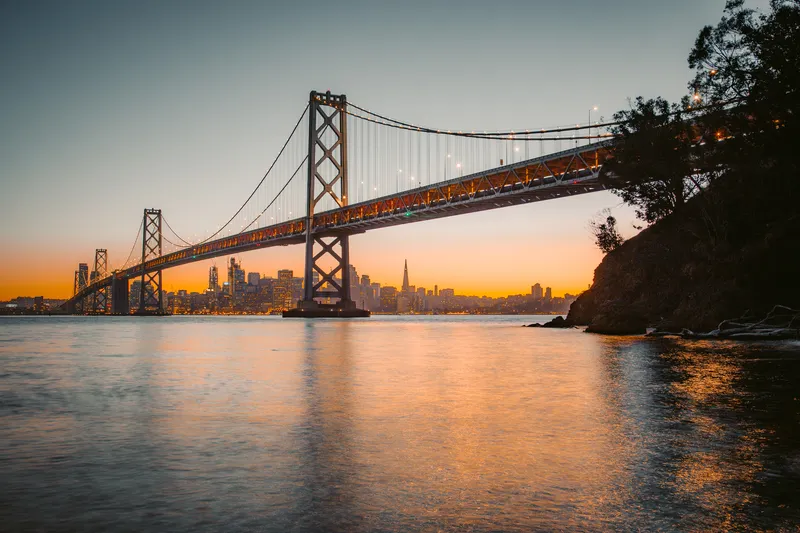
San Francisco's Bay Area Toll Authority (Bata) has introduced an electronic toll collection system at all seven state-owned toll bridges.
The system is operating at the Antioch, Benicia-Martinez, Carquinez, Dumbarton, Richmond-San Rafael, San Francisco-Oakland Bay and San Mateo-Hayward bridges.
The move marks a return of toll payment rules that were temporarily suspended last March due to the Covid-19 pandemic.
Bata says drivers who pay tolls with FasTrak toll tag or a License Plate Account will see no difference in their statements. Patrons who are not enrolled in these programmes will receive a monthly invoice for all toll bridge crossings, the authority adds.
FasTrak customers account for nearly three-quarters of all crossings at the state-owned toll bridges.
Automated, high-speed cameras will capture images of customers' number plates, and the FasTrak customer service centre will process the images and then mail an invoice to the address at which the vehicle is registered with the Department of Motor Vehicles (DMV).
Drivers can open FasTrak accounts online and may also obtain FasTrak tags at select Costco and Walgreens stores.
FasTrak tags purchased at Costco or Walgreens must be registered online. A $20 deposit per tag will apply if the account is not funded with a credit card.
The License Plate Account charges a credit card whenever the vehicle crosses a toll bridge and allows a user to make a one-time payment up to 30 days in advance of a bridge crossing or within 48 hours afterwards.
Drivers who receive a monthly invoice will have 30 days to make a payment before facing a $25 penalty for each crossing.
This penalty increases to $70 per crossing for motorists who neglect to return invoices with payment after 60 days.
Those who do not return payment after the second penalty may have a hold put on their vehicle registration by the DMV or have the amount owed referred to a collection agency.









